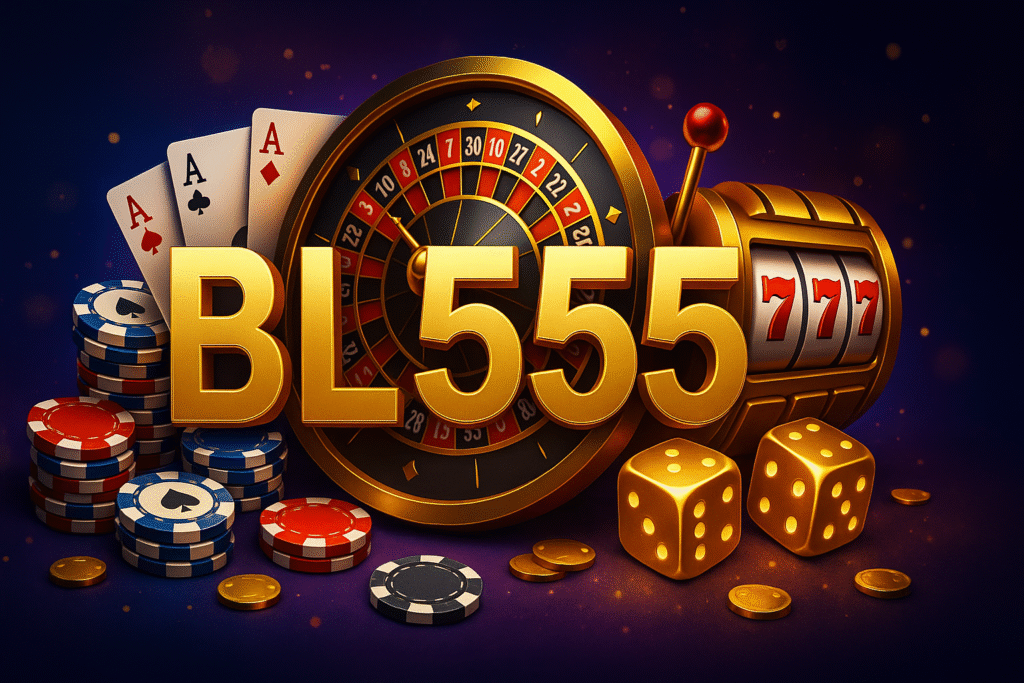
The allure of casino games is more than just the chance to win money. There is a deep psychological aspect that keeps players returning, spinning reels, and placing bets. From the excitement of risk to the design of the games themselves, online platforms like https://bl555.team/ tap into human psychology to create an engaging and often irresistible experience. Understanding this psychology not only helps players make informed decisions but also reveals why casino gaming continues to be a booming global industry.
The Thrill of Uncertainty
At the heart of every casino game is uncertainty—a variable reward system that mimics one of the most powerful drivers of human behavior. Psychologists refer to this as a “variable-ratio reinforcement schedule,” where rewards are given out unpredictably. Slot machines, for instance, are classic examples. You never know when you’ll hit a jackpot, but each spin holds the potential for a big win.
This uncertainty creates anticipation and excitement, releasing dopamine—the feel-good chemical associated with pleasure and motivation. It’s the same chemical response triggered by social media likes or surprise gifts, making casino games naturally addictive to the human brain.
Game Design and Sensory Feedback
Casino games are designed with extreme attention to detail. The colors, sounds, animations, and even the pace of gameplay are optimized to keep players engaged. Flashing lights, celebratory jingles, and rewarding sound effects all serve to create a positive feedback loop that encourages continued play.
Slot machines and digital games often simulate near-misses—where you come close to winning without actually doing so. Research shows that near-misses can be even more motivating than wins, as they trigger a “just one more try” mentality.
Moreover, the interface design is often simple, intuitive, and immersive, allowing players to focus entirely on the game without distraction. This ease of play creates a “flow state,” where time seems to slip away—a common phenomenon in both gaming and gambling.
The Illusion of Control
Many casino games incorporate some element of perceived skill or choice. Whether it’s deciding when to hit in blackjack or choosing how much to bet on a slot spin, players often feel in control—even when the outcomes are largely random.
This illusion of control makes players believe they can influence results through strategy or intuition. While some games like poker or blackjack do involve skill, the majority of outcomes in online casinos are governed by algorithms and random number generators. Still, the sense of agency contributes to player satisfaction and engagement.
Loss Aversion and Chasing Wins
Loss aversion is a powerful psychological force. Studies show that people feel the pain of loss more strongly than the joy of an equivalent win. In gambling, this leads to the phenomenon known as “chasing losses.” Players who lose are often tempted to keep playing in an effort to win back what they’ve lost, sometimes digging themselves deeper into a financial hole.
Casinos use this behavior to their advantage, offering small wins or bonuses to soften the blow of bigger losses. Players may feel like they’re getting something back, even if their overall balance is decreasing.
Social Factors and Competition
Online platforms increasingly integrate social elements—leaderboards, chatrooms, and multiplayer tournaments—turning solo gambling into a shared experience. The opportunity to compete against others or show off big wins can enhance the emotional reward of playing.
Peer influence also plays a role. Seeing others win or participate encourages similar behavior, even if the odds are identical. Social proof, combined with the human desire for achievement and recognition, fuels continued engagement.
Conclusion
The psychology behind casino games is a complex mix of emotion, cognition, and sensory stimulation. These elements work together to create an experience that is thrilling, immersive, and often difficult to step away from. While understanding these mechanisms doesn’t eliminate the risks of gambling, it empowers players to make more conscious decisions and enjoy the games for what they are—entertainment, not guaranteed profit.
